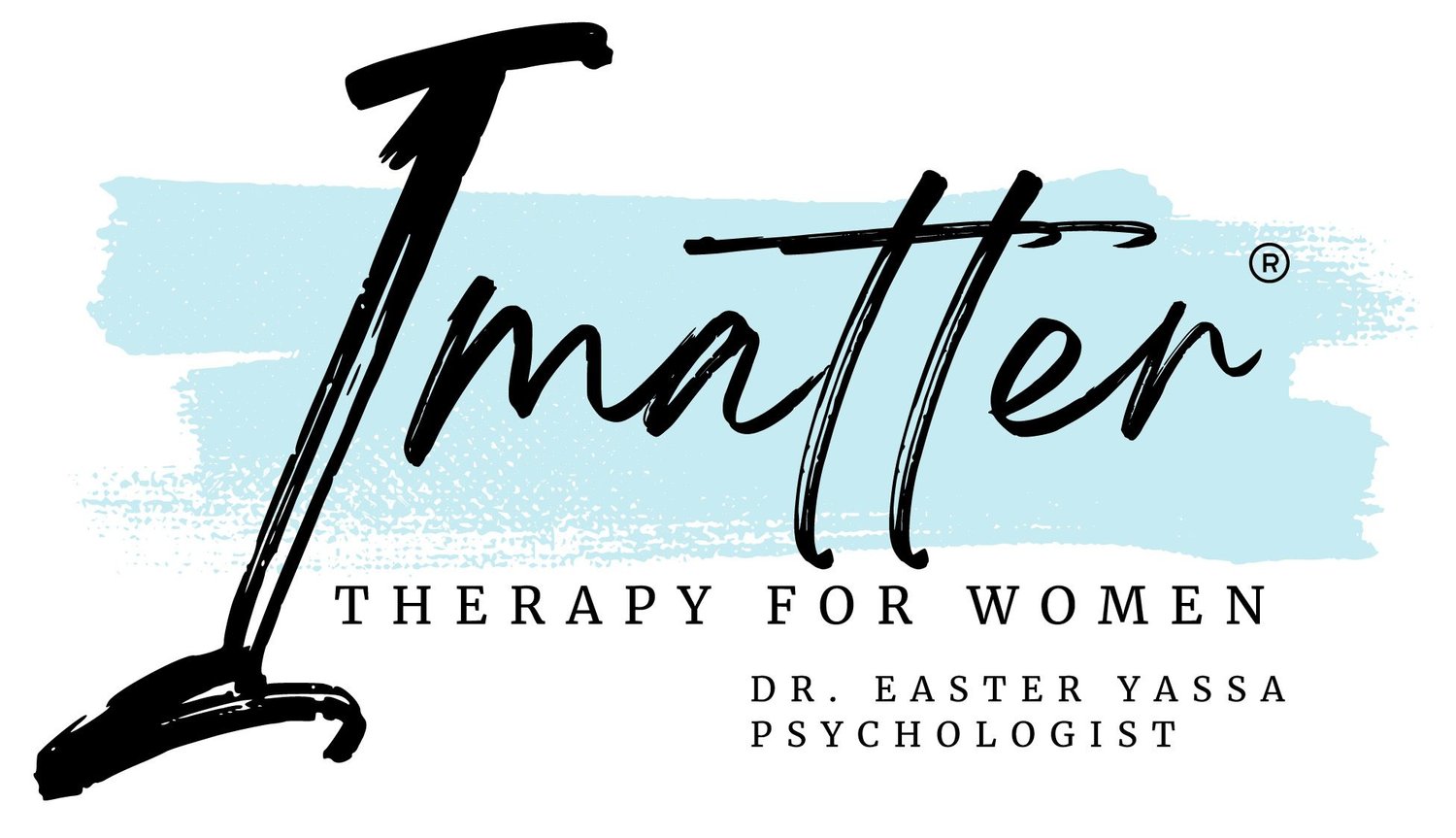
Services
INDIVIDUAL THERAPY
There's no doubt that therapy is an investment in yourself. My approach puts you and your goals at the centre of the therapy process. I look for ways to weave your strengths into the work we do together. I listen to how you speak, the words you use, and the images you create as you tell your story. I strive to create a judgement free space in which you can come to your own answers about how you want to live.
I use a variety of therapeutic approaches, integrating them together in a way that works best for you. Among the approaches used are Cognitive Behavioral Therapy (CBT), Hypnosis, Eye Movement Desensitization and Reprocessing (EMDR), Dialectic Behavioral Therapy (DBT), Emotion Focused Therapy (EFT), Narrative Therapy, Gestalt, Hakomi, Psychodrama, Expressive Arts, and Mindfulness-based therapies.
Research tells us that the most significant factor in therapeutic progress, however, is first and foremost the relationship between the therapist and the client. Having a safe, supportive, caring and trusting connection with your therapist greatly increases the likelihood of your experiencing success in achieving your goals in therapy. Knowing this, it is important to me to build and nurture caring and positive relationships with my clients. I want you to know you have someone you trust supporting you, cheering you on, respecting you, and honouring your struggles and pain, as I walk along side you on your wellness journey.
GROUP THERAPY
While individual counselling alone works for many, there are some situations in which group counselling can work better or can boost individual counselling to help you progress towards your goals. There are a few different approaches that groups can take, including primarily psychoeducational or primarily experiential.
Primarily psychoeducational groups tend to take the form of sharing and dissemination of information and knowledge on a specific topic and may include time for sharing of experiences and ideas for coping. When you want to increase your understanding of a particular area or skill, psychoeducational groups can be a great way to do this surrounded by others who want the same thing.
Primarily experiential groups, while involving some psychoeducational components, tend to focus on the sharing of experiences, stories and ideas for coping between participants. Experiential groups also may involve activities intended to invite participants to learn by doing, such as role playing, skills practice, art therapy, or psychodrama, etc. When you want to increase your ability to embody a certain way of being or acting, or you want to be able to practice a certain skill, or you want to cope with a difficult life situation, experiential groups can be a great way to do this surrounded by others who support you and want the same thing.
Whether I'm facilitating psychoeducational or experiential groups my goal is always to create a safe, respectful and non-judgmental space for myclients, which is conducive to learning, connecting and growth.

PERSEVERANCE
They worked.
It hurt.
It was hard.
Exhausting.
And when they were done
they knew they had moved
a mountain.
Now they had space
for a dance floor.
